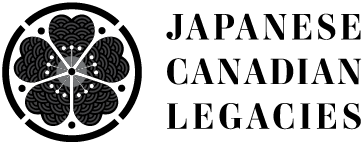Japanese Canadian Monument Park & Japanese Garden
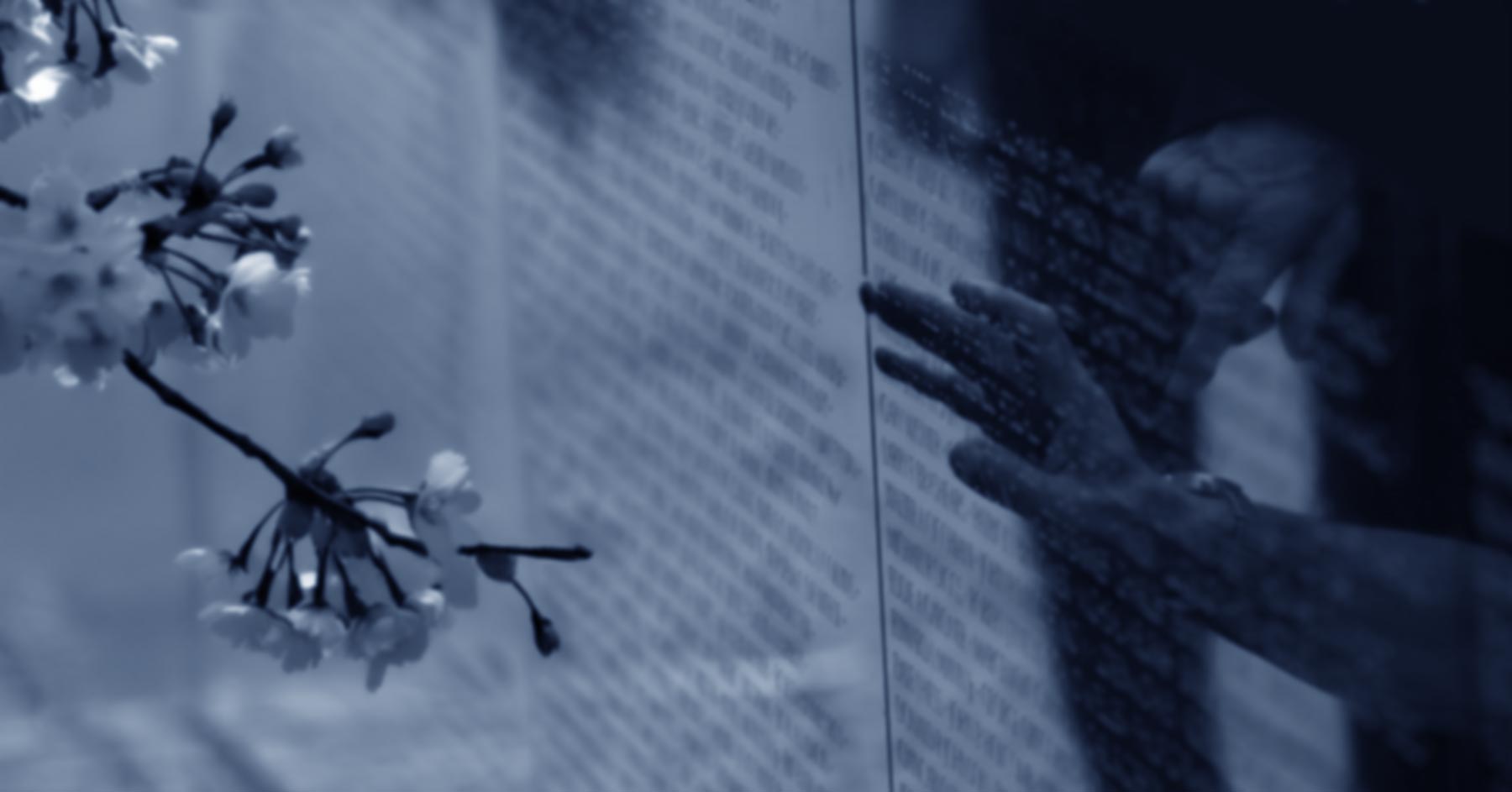
Joint Statement
The Province of British Columbia, in partnership with the Japanese Canadian Legacies Society (JCLS) is developing a Monument Park and Japanese Garden in Victoria, BC, the provincial capital.
The Monument Park will honour the lives of 22,000 internment era Japanese Canadians impacted during World War II. In the 1940s, Canadians of Japanese descent living in British Columbia were forcibly uprooted and permanently stripped of their homes, businesses, and belongings and relocated to internment camps outside the coastal BC area and displaced across the country, with some exiled to Japan. The majority of the uprooted Japanese Canadians were born in BC.
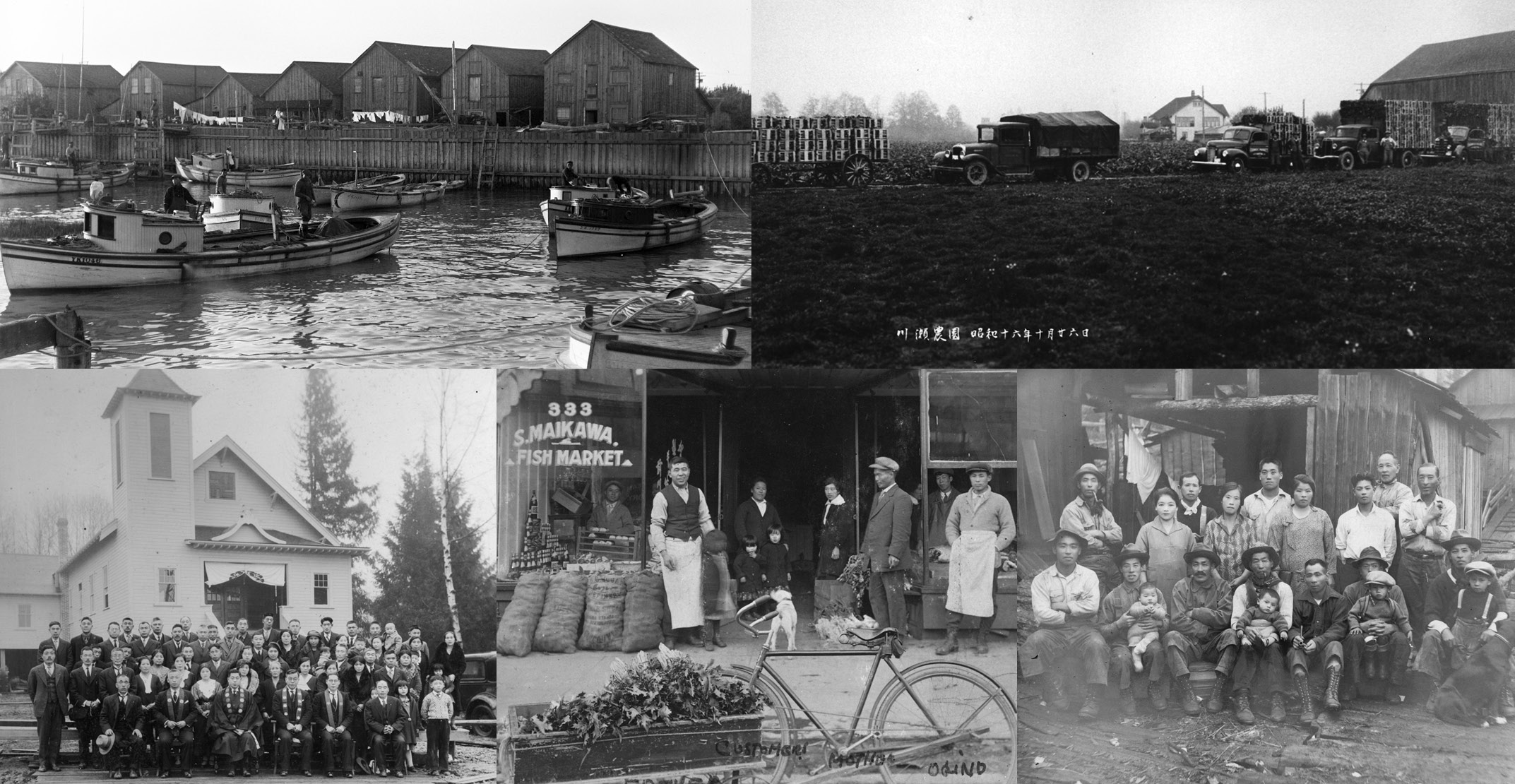
Prewar temple, NNM 2009.15.4.019MD | Prewar store, NNM 2010.59.1MD | Logging NNM 2013.60.1MD
The objective of the project is to create a visible landmark: a monument wall listing the names of the 22,000 uprooted and displaced Japanese Canadians to be situated within a park-like setting and Japanese garden in Victoria, BC. The Monument Park will be a destination for survivors and descendants – a place for contemplation, reflection, and healing, while sharing this history and its lessons with all those who visit.
The Monument Park is a key pillar to redress these historical wrongs and will serve as a place of collective healing, remembrance, reflection, and gathering. The park and garden will be designed as a place for visitors and residents alike to enjoy. It will be located on provincial land at the corner of Southgate Street and Blanshard Street, between Academy Close.
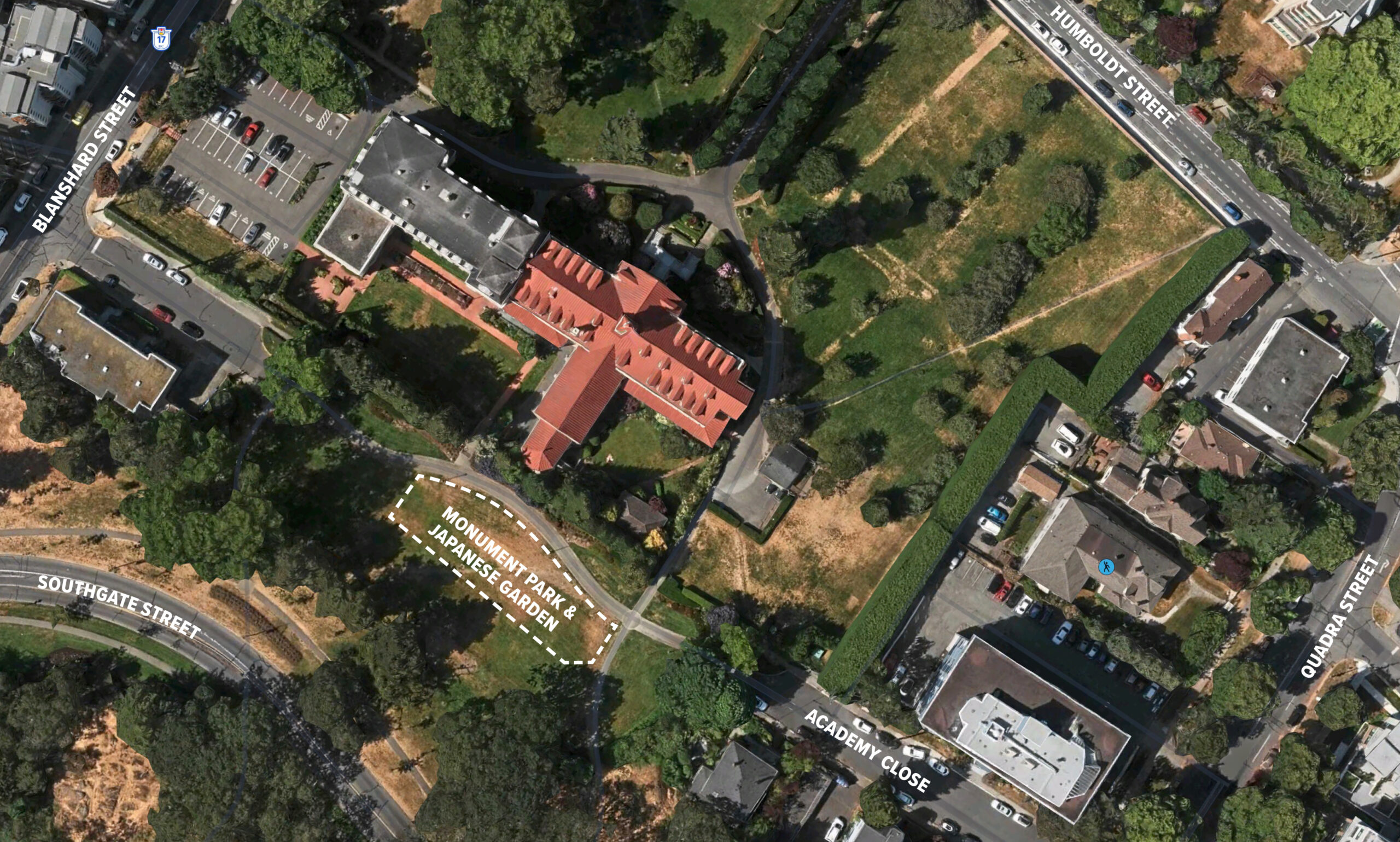
BC Government Notice to Vendors
The Province of British Columbia, Real Property Division through Workplace Development Services Branch intends to engage a qualified professional consulting team comprised of Prime Consultant – architect, mechanical, electrical, civil, structural engineers, quantity surveyor, landscape architect, graphic designer, and Japanese landscape designer/gardener, along with security and code consultants for the design of a Japanese Canadian Monument Park and Japanese Garden. ON # 197100
A notice to vendors has been posted on BC Bids www.bcbid.gov.bc.ca and will come down May 31. This will be followed by an RFP shortly afterwards.
With Gratitude
The JCLS expresses its deep gratitude to the community for its years of support of this project, from its conception during BC Redress, 2019 – 2022, through to the extensive engagement across the country, and up to today.
Longstanding prewar Japanese Canadian communities existed up and down the west coast, engaged primarily in the resource industries, with community organizations, businesses, schools, temples, and sports teams. Overnight, lives were shattered and entire communities eradicated. Japanese Canadians trusted they would one day return to their homes. Instead, their properties and possessions were sold without their consent.
After the war ended in 1945, the majority of Japanese Canadians were prevented from returning to the coast. They were ordered to either move east of the Rockies or to war-torn Japan. When the community was allowed to return to the coast in 1949, it had nothing to return to. The history of what happened to Japanese Canadian communities in BC is still relatively unknown. The Monument gives validation to the 22,000 Japanese Canadians whose sudden removals from their homes and communities continues to reverberate today, asking, how did this happen? And how can we prevent it from happening again?
Landscapes of Injustice
The seven years of work done by the Landscapes of Injustice project out of the University of Victoria laid the groundwork for the Monument. The project digitized 14,500 case files along with other data to produce the digital database of Japanese Canadians. The database gives us not just individual names, but a broader picture of the pre-war community. In cataloging and documenting what was taken from the community starting in 1942, we are given a fuller sense of just how much this community contributed to the province dating back to the time when BC joined the confederation, making the losses all the more stark and unjust.
University of Victoria
Building on the work of the Landscapes of Injustice, the JCLS created an initiative with the University of Victoria to create a searchable list of names of 22,000 Japanese Canadian men, women, and children based on pre-war places of origin. This work was conducted by a team based out of the University of Victoria led by Project Director Michael Abe. Over the course of a year, they did further work in Ottawa in Library & Archives Canada and held community consultation and information sessions across the country, fielding input from hundreds and hundreds of community members.
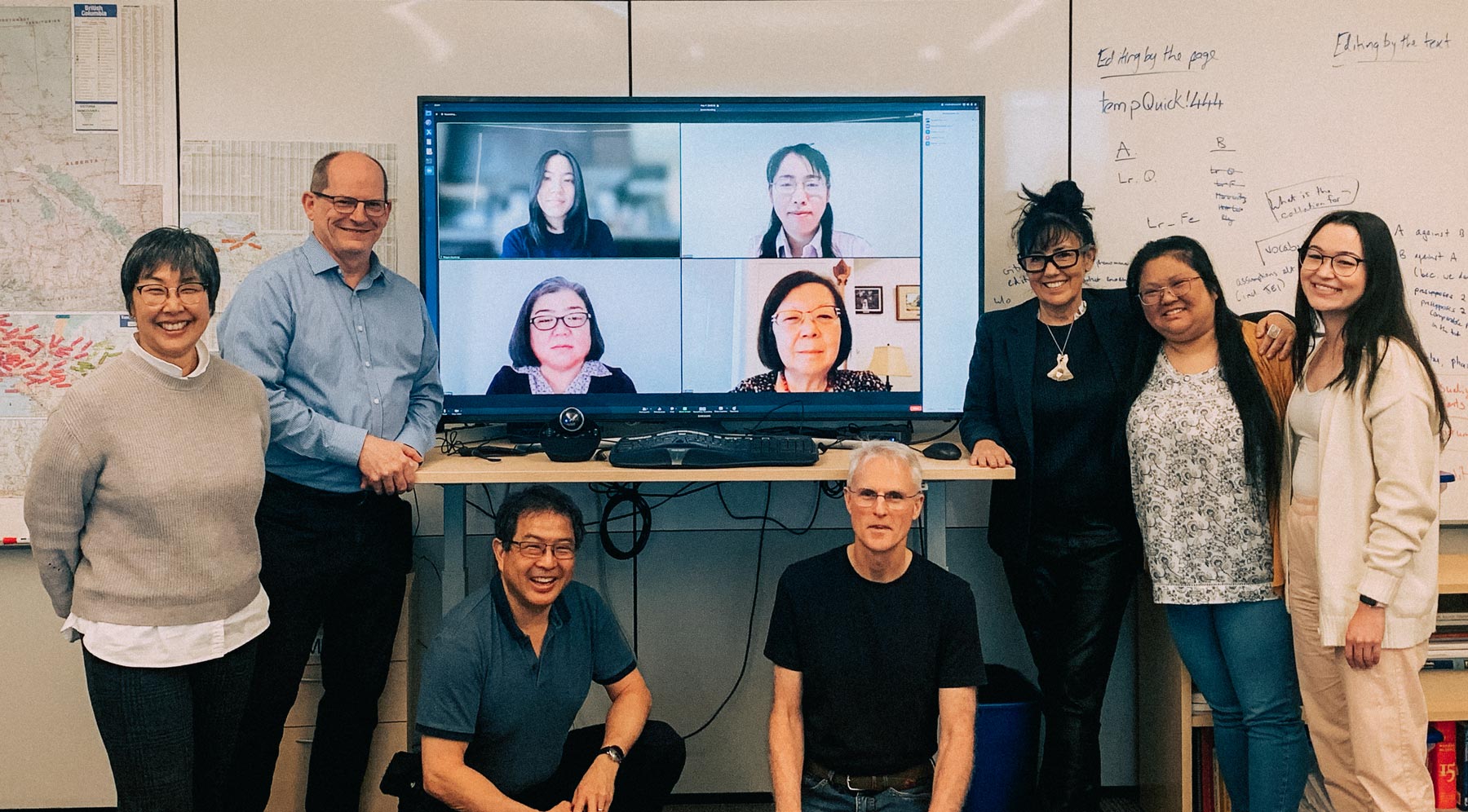
Thank you very much to the core Monument Database team: Stacey Inouye, Kikuye Inouye, Maureen Bird, Natsuki Abe, Aya Timmer, Megan Koyanagi and Sakura Taji; along with Yukari Peerless, Miyuki Hatogai, Don and Mieko Fedrau, Kimi Chalmers, Lindy Marks, Alexis Moore, Skye Rohani, Rachel Kobayakawa, Djuna Nagasaki, and Kento Abe.
One of the key contributions of the Monument Database team was developing a comprehensive list of the over 3,000 children born between 1942 and 1949, when full rights of citizenship, including freedom of movement, were finally given to Japanese Canadians. The over 3,000 children were born both in places of incarceration and in sites where Japanese Canadians settled after the first and second uprootings. Their names will be included on a supplemental wall.
“The dream and vision for the monument is that it will embrace the origin story of Japanese Canadians who settled in cities, towns, and villages, primarily along the coast, and acknowledge our elders, many of whose names have been lost to time. Thousands of younger descendants want to know where their elders past and present came from as they search for their Japanese Canadian roots.” – Susanne Tabata, CEO JC Legacies Society
